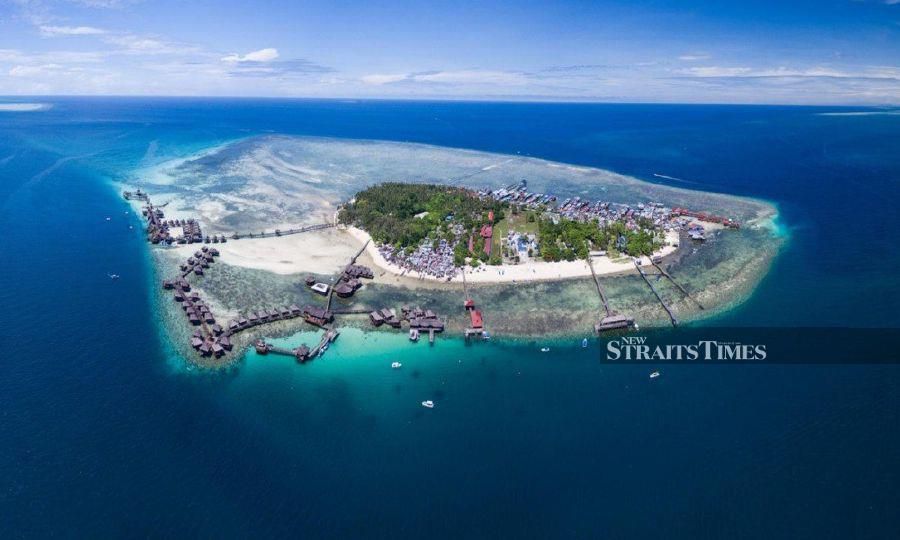By Olivia Miwil - March 10, 2021 @ 9:57am
KOTA KINABALU: Mabul islanders in Semporna can look forward to the possibility of making money from plastic waste soon.
Universiti Malaysia Sabah's Research and Innovation Management Centre deputy director Dr Jidon Janaun said the varsity is working on the 'Plastic Up-cycling Project: Plastic to Fuel' with the hope that the experiment would create a circular economy for the community.
Despite being famous as a tourist destination, the 20-hectare Mabul island, with about 2,500 residents, have limited resources and lack of proper waste management.
"It is expensive to ship the waste to Semporna town. The easiest way for the people at Mabul is either to bury, burn or dump the waste into the sea.
"We believe if we can show the people how to make money, it will be a workable solution," he said during a recent webinar with BluHope on Commonwealth Day, adding that the solution to put value to plastic would lead to proper waste disposal awareness among the community.
Jidon added that the project aimed to convert plastics into diesel to be used to fuel generators and boat engines.
Despite the name "Appropriate Technology Pyrolyser", he said the 3T system or Trash-to-tank innovation was not rocket science as the process involved putting certain types of plastics and coconut husks into a machine to produce fuel.
The usable plastic materials include containers, bags, bottle caps, cutlery, straws and styrofoam.
"The beauty of the innovation is the fuel has the same properties of commercial diesel which can be used in generators as well as boat engines, which both are commonly used by the people there.
He added that the team was also looking into bringing in and using solar-powered electrical heaters to maximise the green element for the innovation.
The 4-litre capacity prototype cost is around RM7,000.
Jidon said they were planning to license the intellectual property out to companies for mass production so more people can own the unit.
"We are also open for the government to adopt this process and engage agencies or non-governmental organisations to run the business."


Comments
Post a Comment